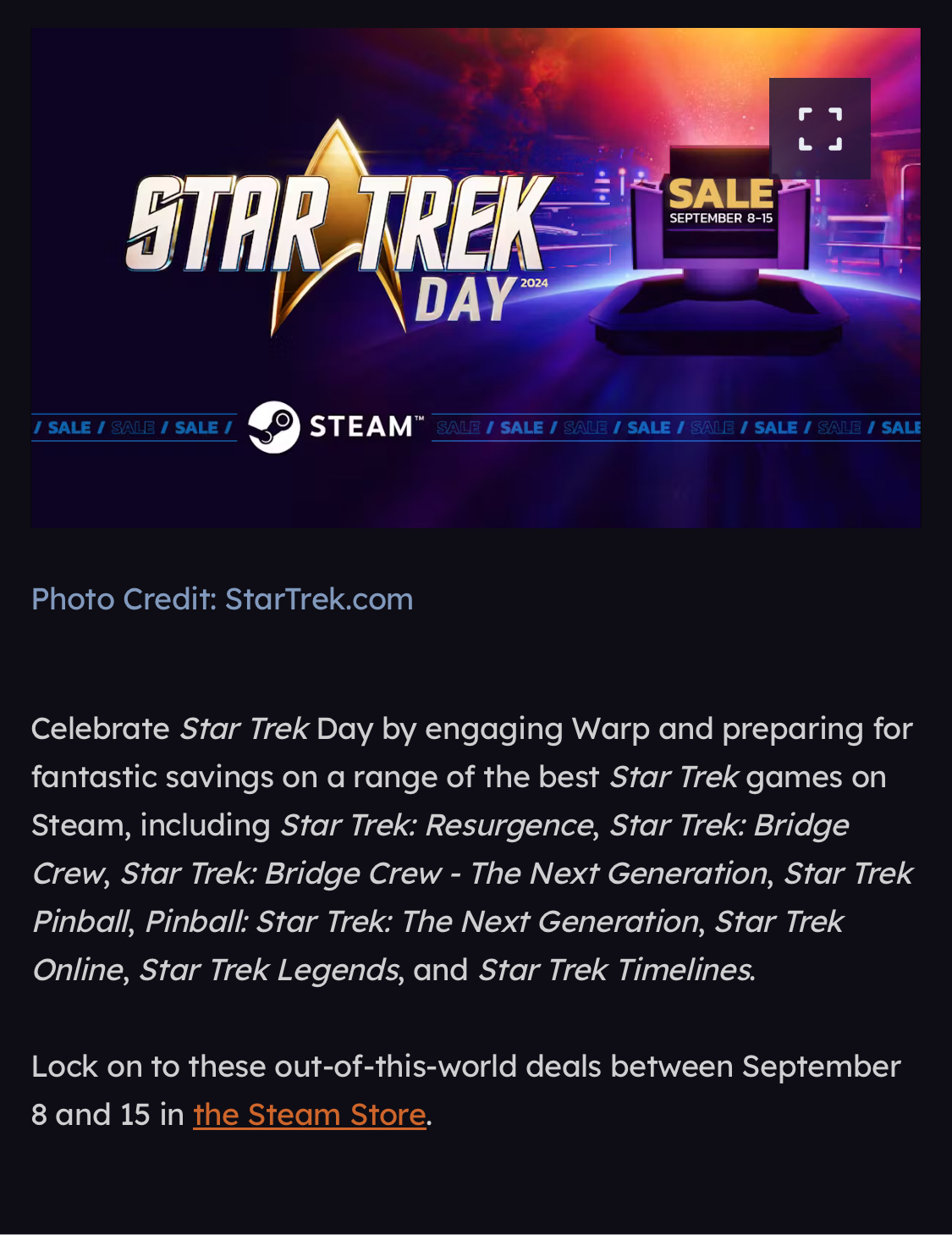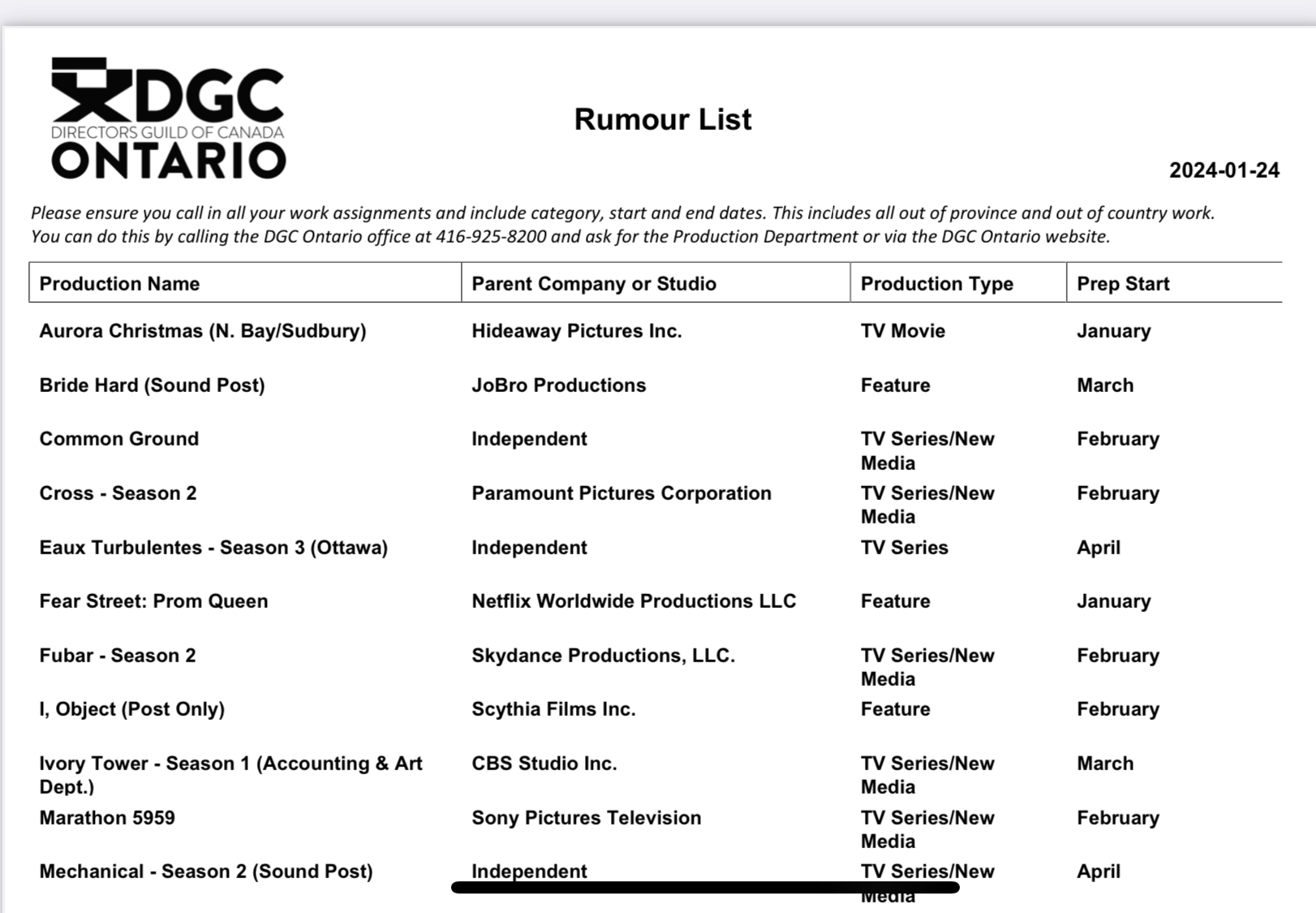Treklit has some great offerings. The Relaunch universe books in particular developed coherent serialized storylines and a group of strong authors. There is also a deep library of standalone books from across all eras of the franchise.
By contrast, serialized Star Trek is struggling onscreen. Of the current era, only Prodigy has excelled in serialized storytelling.
So, why not look to the books? Not just to lift an idea like Control or the end of the Borg, but to actually tell a coherent narrative across a season or season?
On Netflix, Prime and Apple, it’s become established that successful streaming shows are often based on novels and novel series. Those streamers have come to understand that novelists, not scriptwriters, excel in laying out long form storytelling, and resources are often better put in having the screenwriters adapt than create from the whole cloth.
Reading a recent interview with Mick Herron, author of the critically acclaimed and popular Slow Horses on Apple, with a second show based on his other books launching this fall, I was struck by the interviewer’s assertion of this truism.
I thought about several of the non franchise shows I enjoy and how many of them are more or less faithful adaptations of books.
I was also struck by the thought that both Skydance and Paramount are quite capable of producing excellent book adaptations for Netflix and Apple. Murderbot is a very current example.
So, what’s holding back Star Trek from exploiting the Vanguard series or the Starfleet Core of Engineers books?
Why insist on giving showrunners resources to keep retelling franchise stories with legacy characters and tropes?
Why not exploit that IP that Paramount already owns by adapting the best of decades of TrekLit?





But Rick Berman was still hassling Terry Farrell to get her to get breast enlargements.
Which is one of the reasons she left the show.